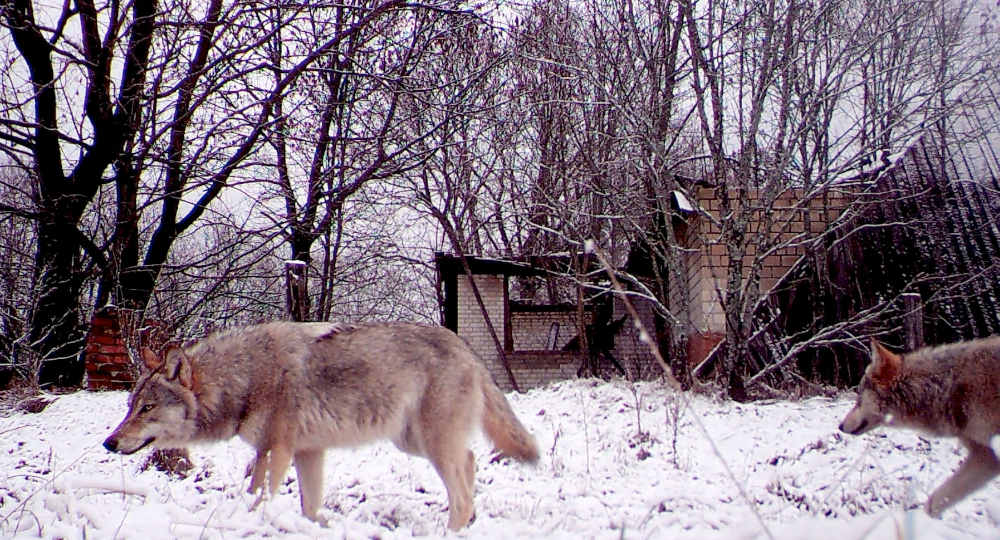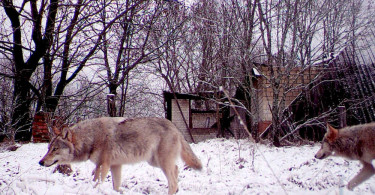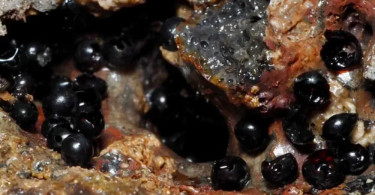In the haunting aftermath of the Chernobyl nuclear disaster in 1986, the deserted streets of the affected region have become an unlikely sanctuary for mutant wolves that appear to have developed a resistance to cancer. This intriguing discovery has ignited optimism among scientists, who hope to glean insights that could contribute to the fight against cancer in humans.
The catastrophic explosion at the Chernobyl power plant led to the evacuation of more than 100,000 people from the city, leaving behind an eerie landscape marred by the lingering effects of cancer-causing radiation. The Chernobyl Exclusion Zone (CEZ), a 1,000-square-mile area, was established to keep humans at bay due to the ongoing risk of radiation-induced cancer.
Despite the desolation, wildlife, including wolves and horses, has reclaimed the abandoned city, exhibiting a resilience that has captured the attention of researchers. Dr. Cara Love, an evolutionary biologist and ecotoxicologist at Princeton University in the United States, has delved into understanding how Chernobyl’s wolves not only survive but show signs of resistance to the cancer-causing effects of radiation.
In 2014, Dr. Love and her team embarked on a groundbreaking study within the Chernobyl Exclusion Zone. They equipped the mutant wolves with radio collars to monitor their movements, providing real-time data on their locations and the extent of their radiation exposure. Blood samples were also collected to unravel the mysteries of how these wolves’ bodies respond to the cancer-inducing radiation that permeates their surroundings.
The collars, according to Dr. Love, offer valuable insights into the wolves’ daily lives and exposure levels. By closely monitoring their behaviors and studying their physiological responses, researchers aim to uncover the genetic and adaptive mechanisms that have allowed these animals to withstand generations of exposure to radioactive particles.
The implications of this research extend beyond the realm of wildlife biology. The hope is that by unraveling the genetic adaptations that confer resistance to cancer in Chernobyl’s mutant wolves, scientists may discover novel strategies for combating this disease in humans. The study stands as a testament to the resilience of nature in the face of environmental challenges and holds promise for unlocking new avenues in the ongoing fight against cancer.
Credits: Reuters





